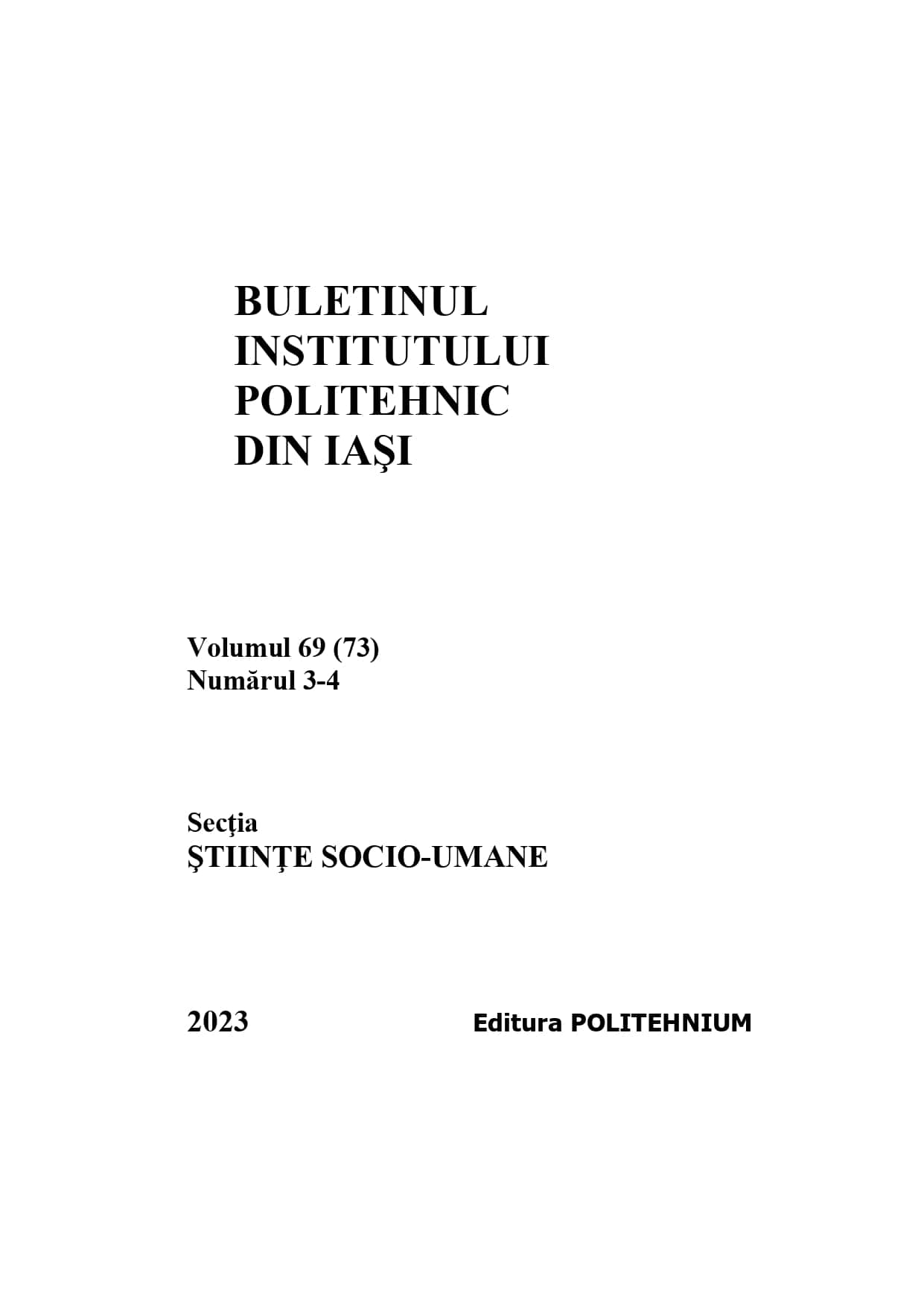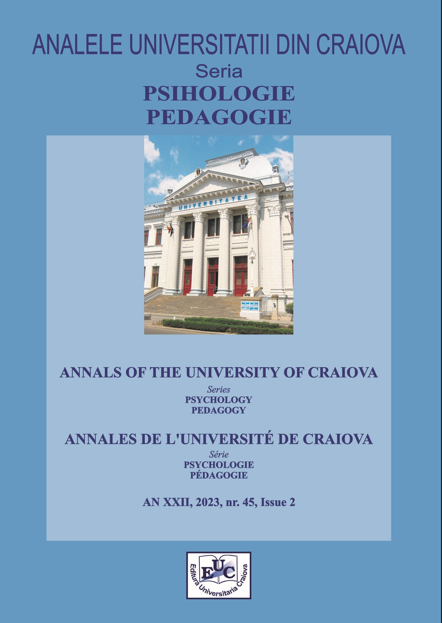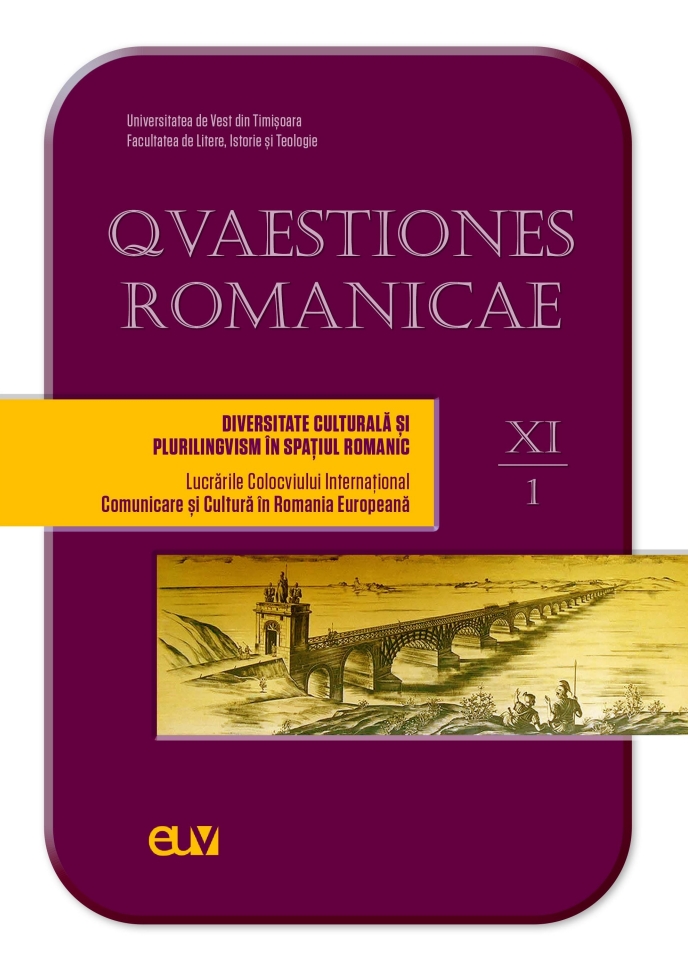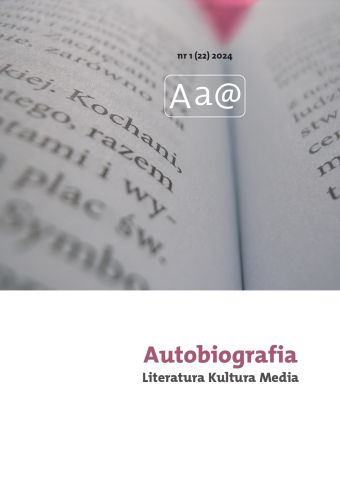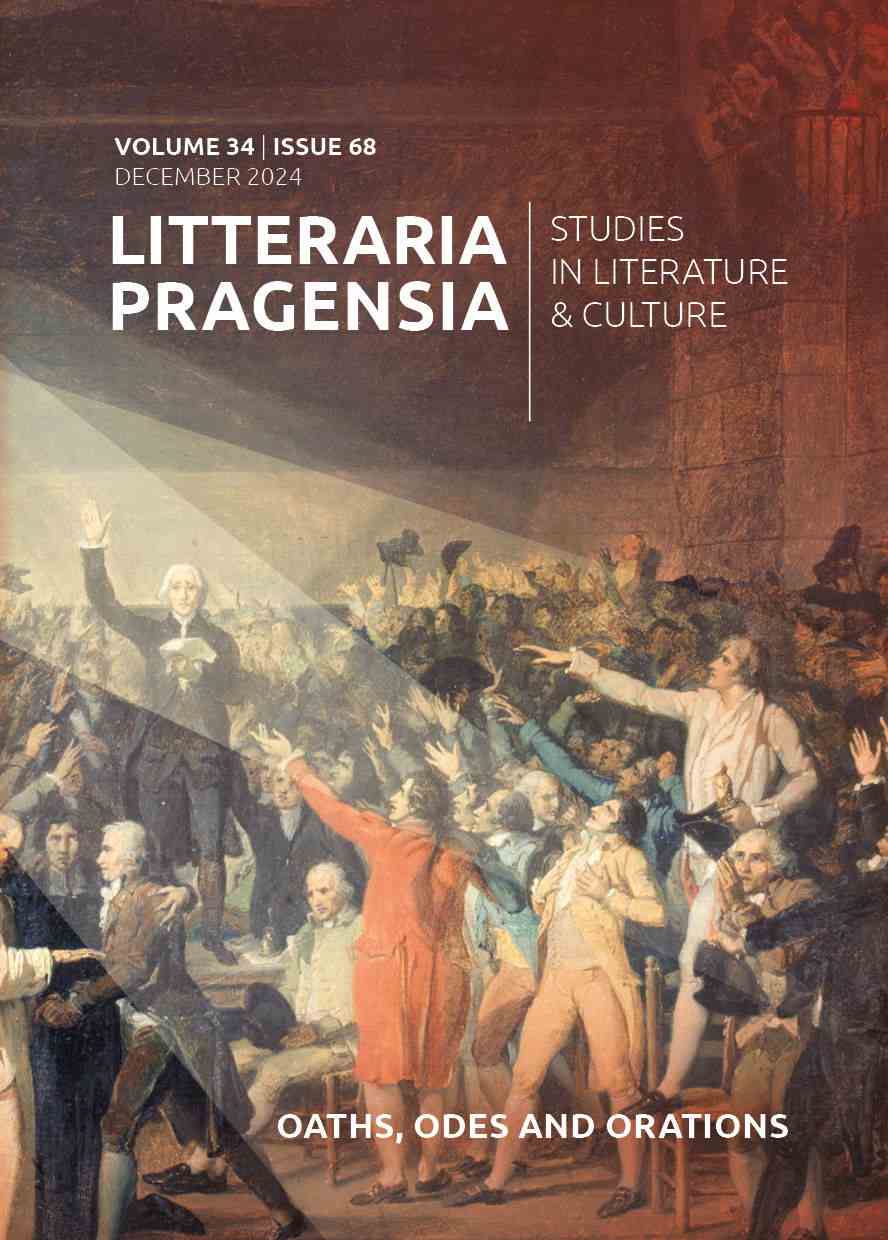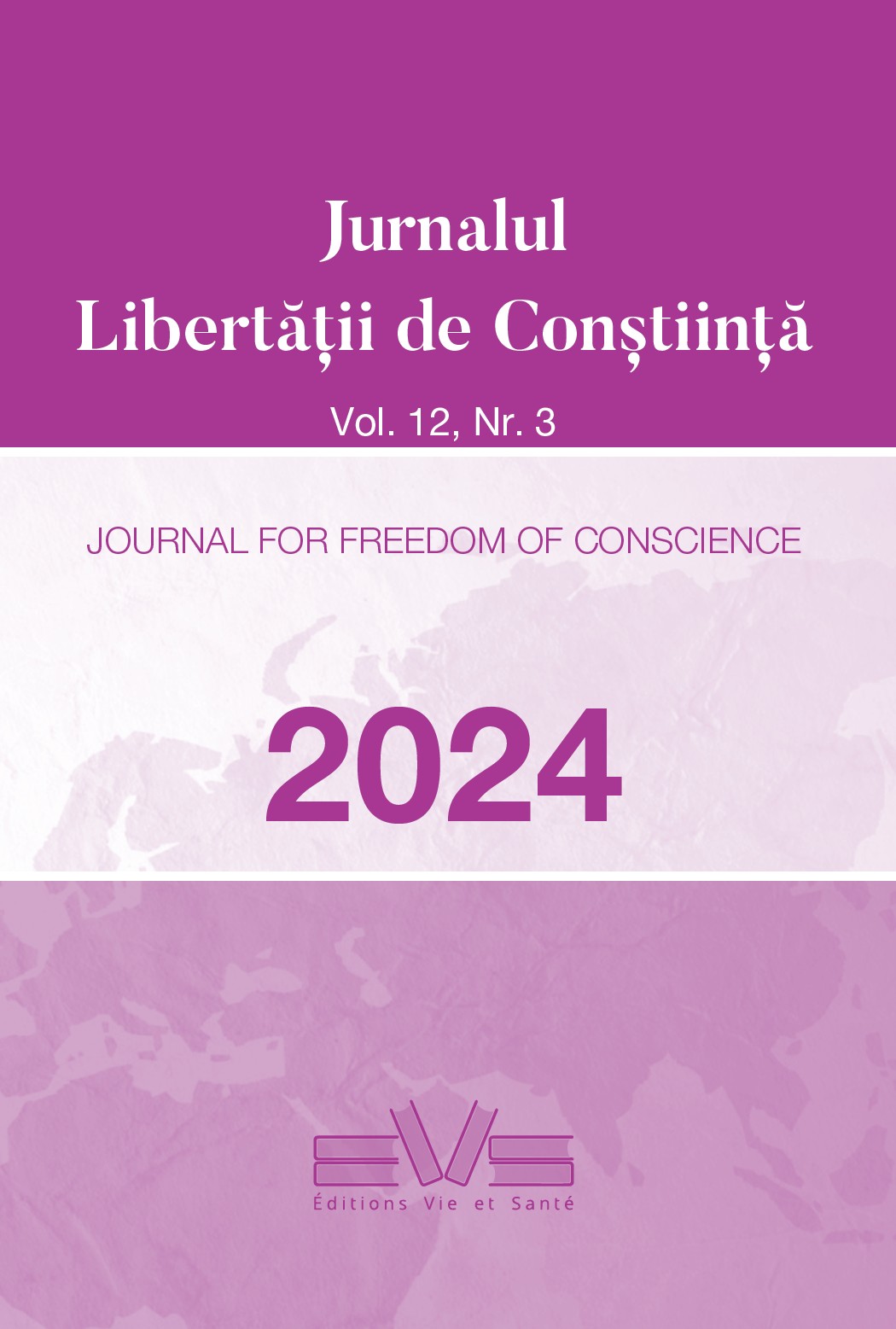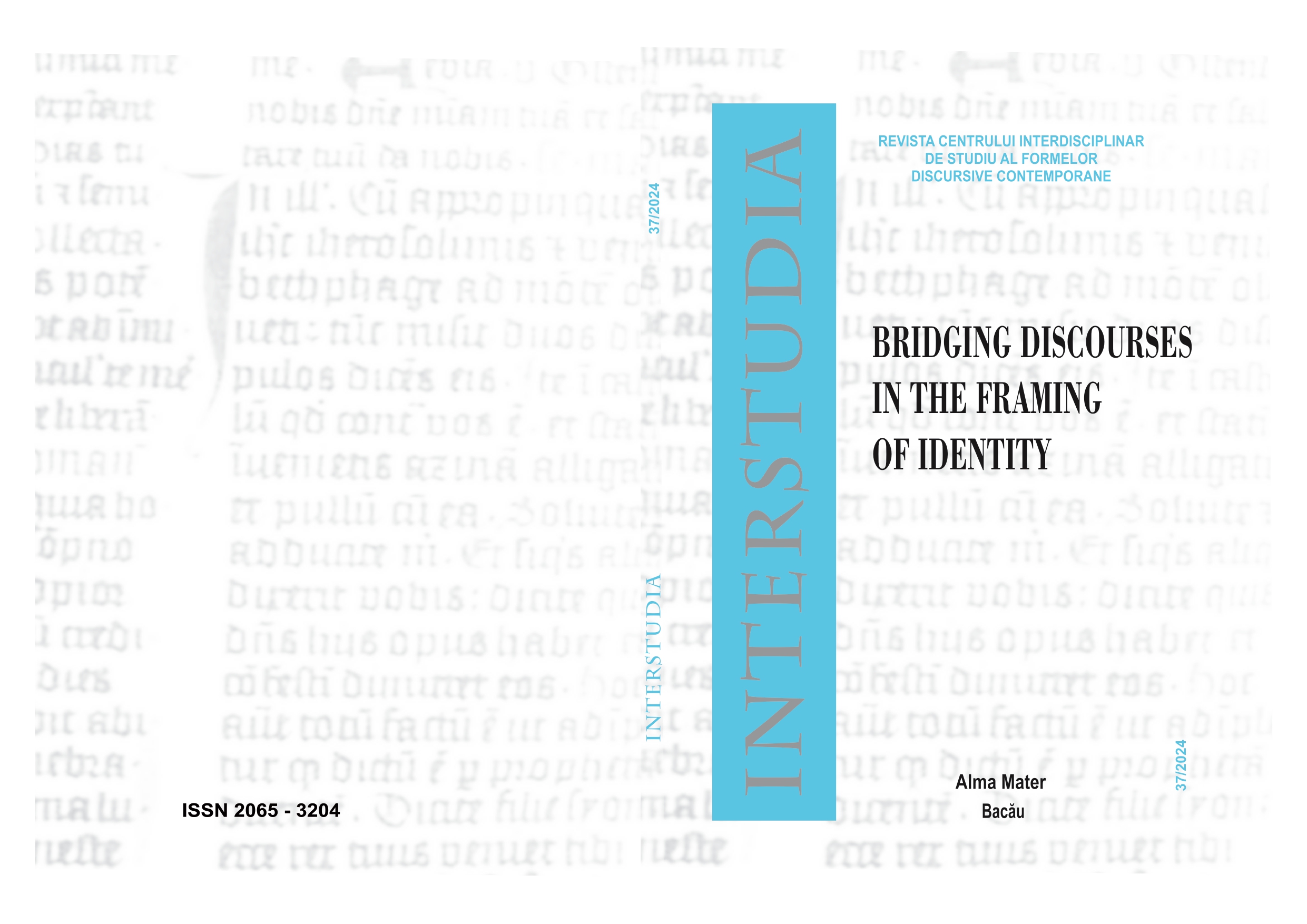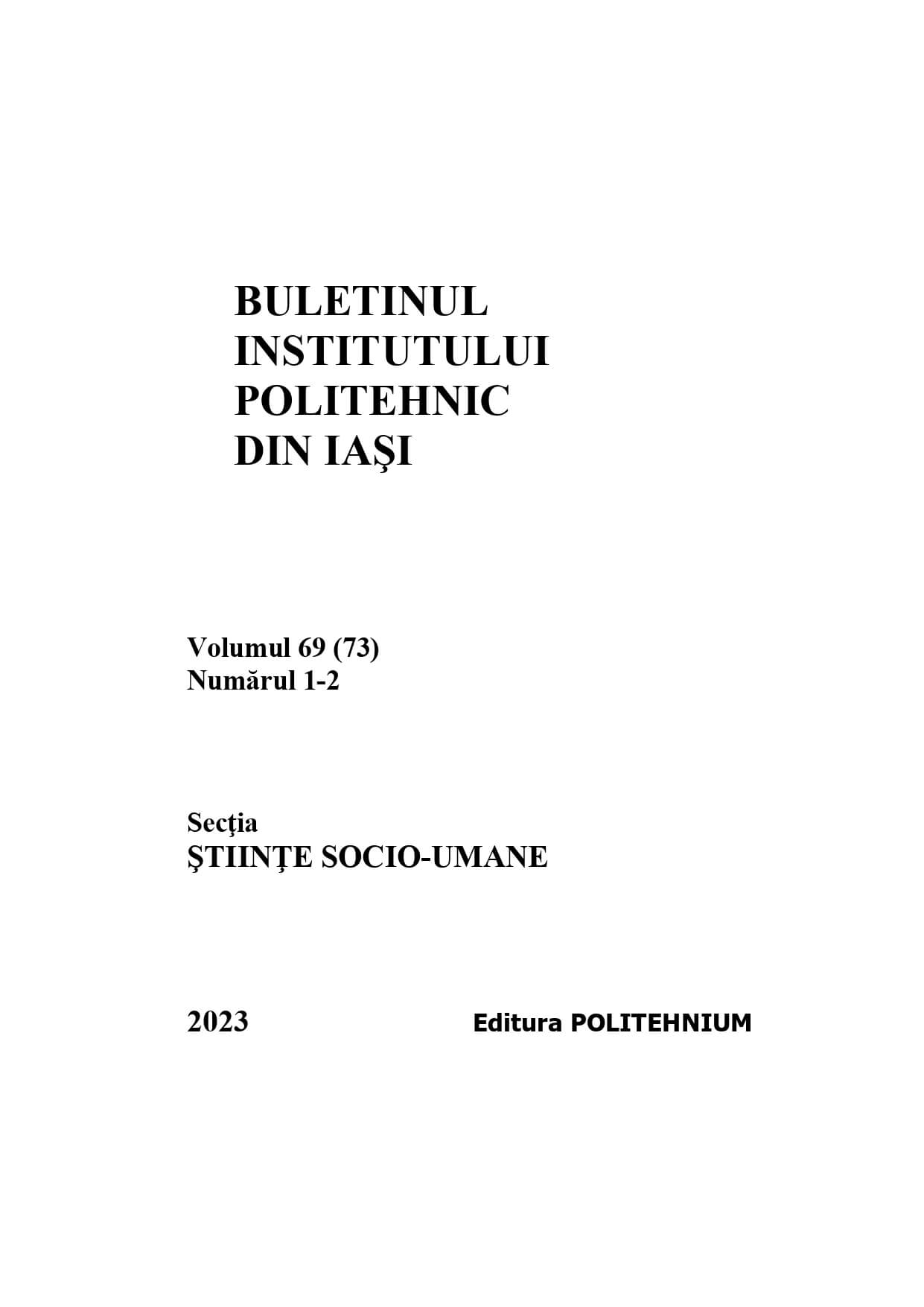
“‘Sali, Sali’ (Pray Pray)”: Religion’s Role in the Process of Trauma Healing in Lucette Lagnado’s Memoirs
The current paper seeks to study the importance of religious practices in the journey toward healing from the trauma of exile. It focuses on the writings of the Jewish-Egyptian memoirist and Wall Street Journal investigator Lucette Lagnado, one of the very few writers who brought the story of the Jews of Egypt and their exilic experience to light. The history of the expulsion of the Jews of Egypt merits scrutiny as it is still understudied to this day. After the establishment of the state of Israel and after the widespread of anti-Semitism, the Jews of Egypt were subjected to multiple forms of oppression and were treated and labeled as traitors and spies, which led to their expulsion from Egypt. Exile was and perhaps even still is traumatizing for the Jewish community. When the philanthropic organizations failed to help the community heal from trauma, the community members turned to religious practices to assuage their pain. Cathy Caruth’s conceptualization of trauma theory and Stef Craps and Gert Buelens’ criticism of this theory will be of help to understand how exile can be a traumatic experience. The works of Darryl W. Stephens and Donald Meichenbaum, among many other scholars, will be of interest to better understand the role of religious practices in relation to healing from trauma.
More...
